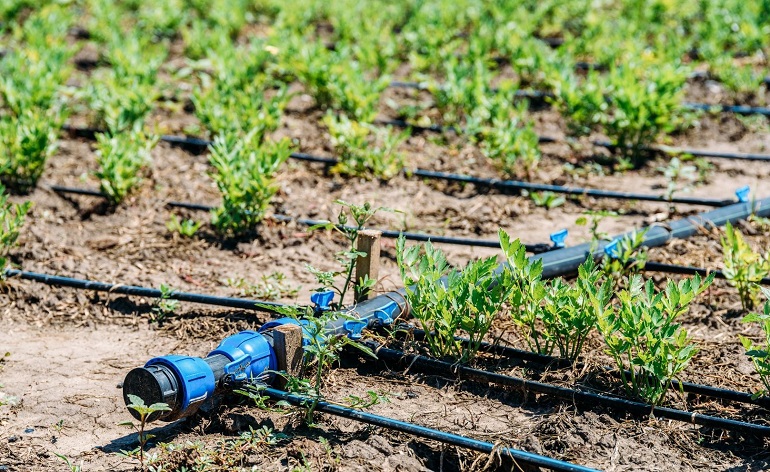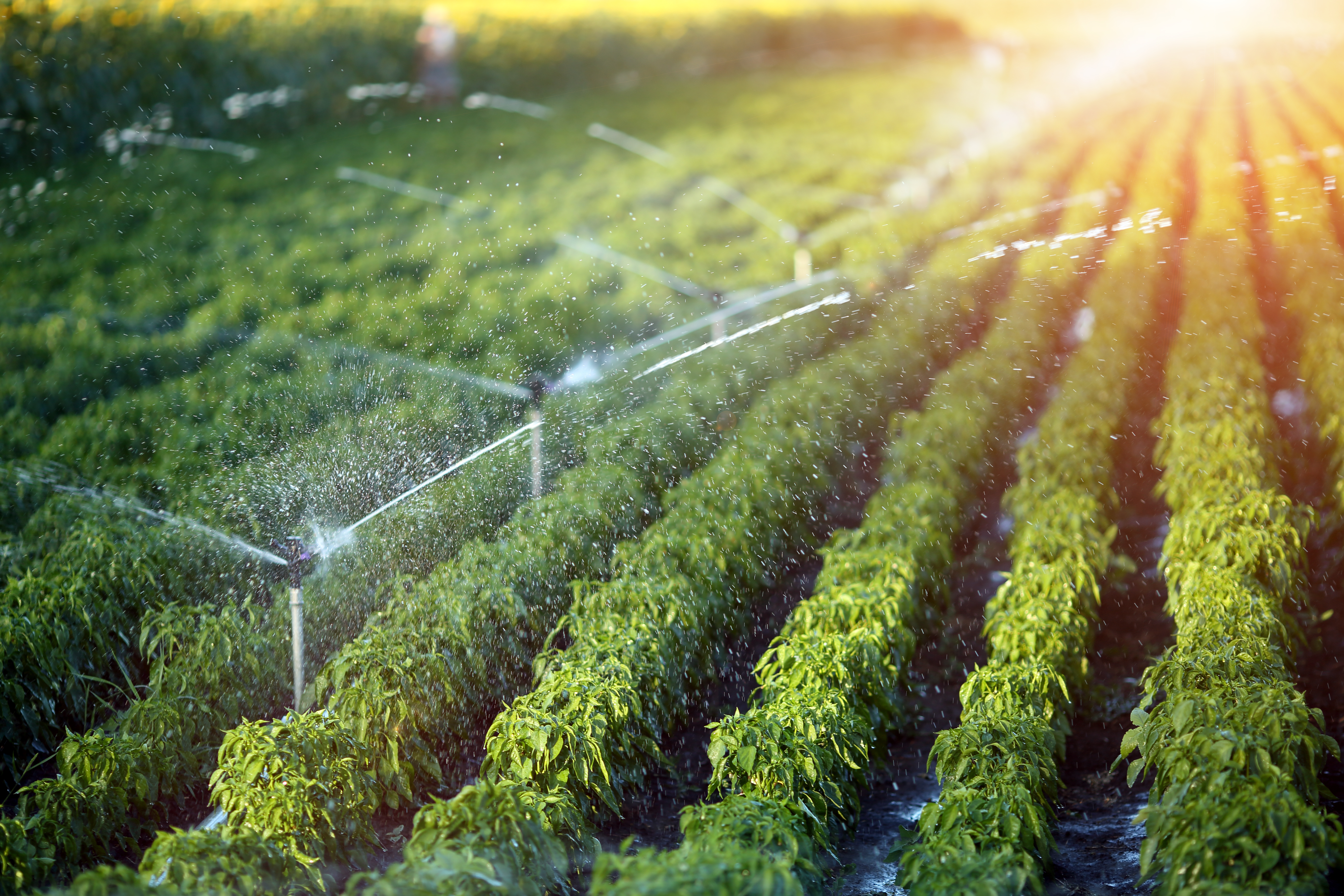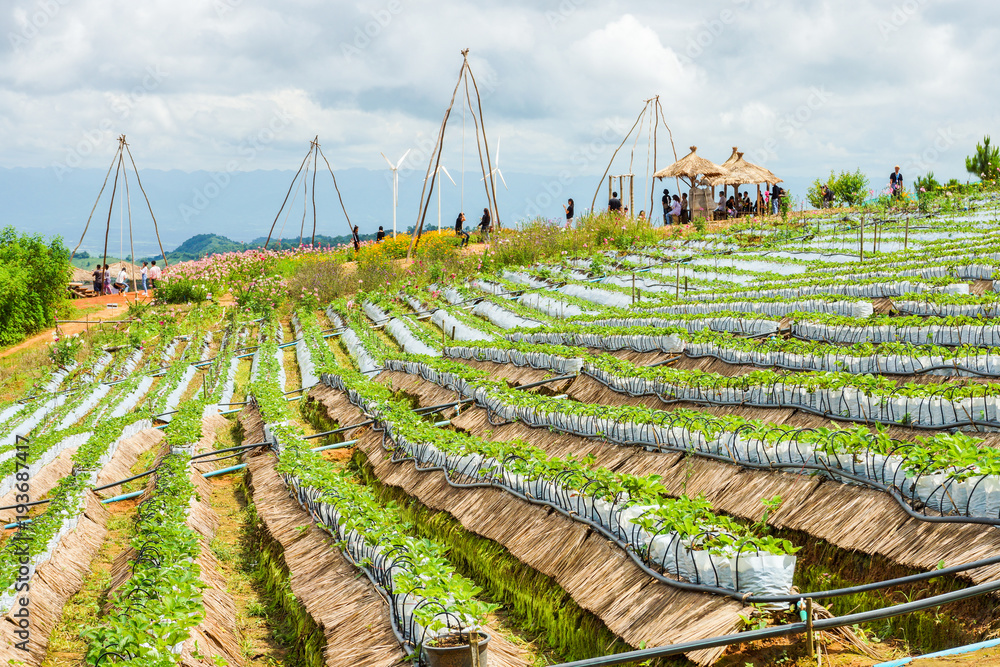Rwanda is a landlocked country whose economy depends largely on subsistence agriculture. It is estimated that 90 percent of the population are small-scale subsistence farmers.
Rwanda agriculture is heavily dependent on regular rainfall, but due to climate change, rainfall has become unpredictable and irregular. Droughts are becoming an ever more frequent occurrence during what would normally be the rainy season.

To mitigate against the shortage of water, Different projects implemented by FAO in partnership with the Government of Rwanda, is rolling out small-scale irrigation infrastructure to help farmers adapt to climate change. This initiative will enable farmers to grow crops during the dry season, something that would otherwise be almost impossible.
The initiative consists of two hill irrigation networks: one extends over 4 km and irrigates an area of 250 ha on Hill, and the second network covers an area of 1,6 km and irrigates 80 ha on Hill. The networks also irrigate an additional 60 ha of land as part of a rehabilitated area surrounding the micro-hydro-agricultural dam.
Hill irrigation networks capture spring water at top of a hills and circulate water through canals down the slopes. Farmers can access water by connecting to nozzles at various points in the network.








